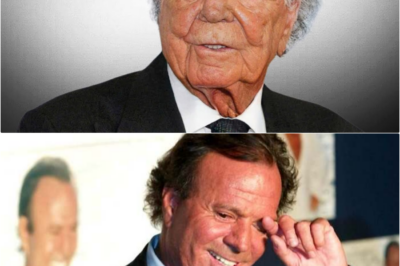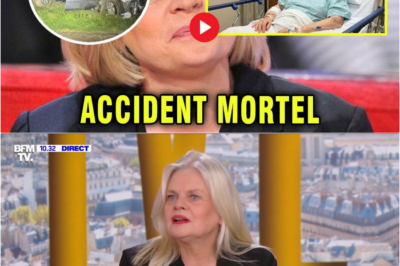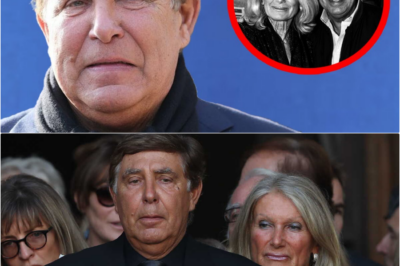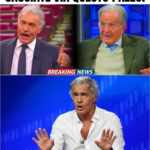Former President Donald Trump has taken a significant step against Venezuela by revoking a license that allowed the exportation of oil to the country. This decision comes as a response to Venezuelan President Nicolas Maduro’s failure to comply with agreements, particularly regarding the deportation of violent migrants.
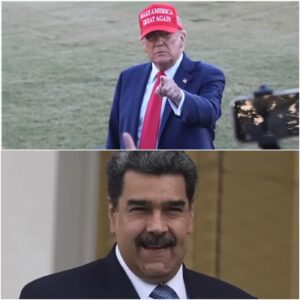
The move has received support from opposition leaders in Venezuela. In an interview with Fox Noticias, a prominent opposition figure expressed approval of Trump’s decision, highlighting the detrimental impact that oil exports have had in sustaining the Maduro regime. For years, Venezuela’s opposition has been vocal about the financial lifeline that these oil transactions provide to Maduro, enabling his administration to maintain control and suppress dissent.
Joseph Humeyer, Executive Director at the Center for a Secure and Free Society, provided further insight into the situation. He explained that exemptions for oil companies, such as Chevron, were initially granted during the 2019 maximum pressure campaign. These exemptions allowed companies to continue oil-related operations in Venezuela despite U.S. sanctions. However, the Biden administration extended these licenses periodically, renewing them every six months to a year.
According to Humeyer, the Venezuelan opposition has long criticized these extensions, arguing that they supply Maduro with crucial revenue to continue his oppressive policies. Trump’s recent decision aims to cut off this financial support, forcing Maduro to comply with U.S. demands, including cooperation on deportation flights.
When Trump initially assumed office, he faced criticism from Venezuelans who believed he was not doing enough to cut off Maduro’s resources. However, Trump’s administration attempted diplomatic engagement, sending envoys to negotiate a deal that included deportation flights for Venezuelan migrants involved in criminal activities. Despite these efforts, Maduro’s government accepted only two deportation flights over an extended period, which the U.S. deemed insufficient.
Recognizing Maduro’s unwillingness to cooperate, Trump responded with punitive measures, culminating in the revocation of Chevron’s license. This move aligns with his administration’s broader strategy of imposing consequences on regimes that fail to honor agreements.
The future of Venezuela’s resistance movement remains uncertain. Key opposition figures, such as María Corina Machado, face significant risks within the country. Humeyer described Machado as practically a hostage in Venezuela, with limited ability to mobilize or communicate with her supporters. Each time she attempts to leave, she faces potential arrest, abduction, or worse. Given these circumstances, her most viable path forward may be to continue advocating from outside Venezuela, using her influence to engage with the Venezuelan diaspora worldwide.
Machado is widely regarded as a courageous and charismatic leader, committed to the cause of liberating Venezuela from Maduro’s rule. Her safety remains a primary concern, as staying out of jail and alive is crucial to her ability to continue fighting for change.
Trump’s decision to revoke the oil license represents a major shift in U.S.-Venezuela relations. While its immediate impact remains to be seen, it underscores a commitment to holding Maduro accountable. As events unfold, the international community will closely monitor the repercussions for both the Maduro regime and the Venezuelan opposition.
News
Nolwenn Leroy : Les Révélations Poignantes de ses 42 ans sur “l’Amour de sa Vie”
Dans l’univers parfois impitoyable du show-business français, rares sont les artistes qui parviennent à maintenir une frontière étanche entre les…
Julio Iglesias à 81 ans : Entre aveux sincères, secrets de famille et vérité sur sa santé, la légende se livre enfin
Julio Iglesias n’est pas seulement une voix ; il est un mythe vivant, une icône de la romance qui a…
Isabelle Nanty : Le combat secret d’une icône entre la vie et la mort après une hospitalisation critique
Le monde du cinéma français a retenu son souffle. Isabelle Nanty, figure emblématique et solaire de nos écrans, a traversé…
CLASH EXPLOSIF : Louis Boyard et Apolline de Malherbe, le duel qui a embrasé le direct !
L’arène médiatique a tremblé ce matin. Ce qui devait être une interview politique classique s’est transformé en un véritable champ…
Jean-Pierre Foucault en deuil : Les adieux déchirants à Marie-José Tramoni, la seule femme qu’il ait jamais épousée
Le paysage médiatique français est en émoi. Derrière l’image de l’animateur infatigable, toujours prêt à distribuer sourires et bonne humeur…
Sarah Knafo “rhabille” la gauche : le choc des vérités sur le Venezuela !
Le séisme politique : Sarah Knafo face à l’aveuglement idéologique Le paysage médiatique français vient d’être le théâtre d’une déflagration…
End of content
No more pages to load


